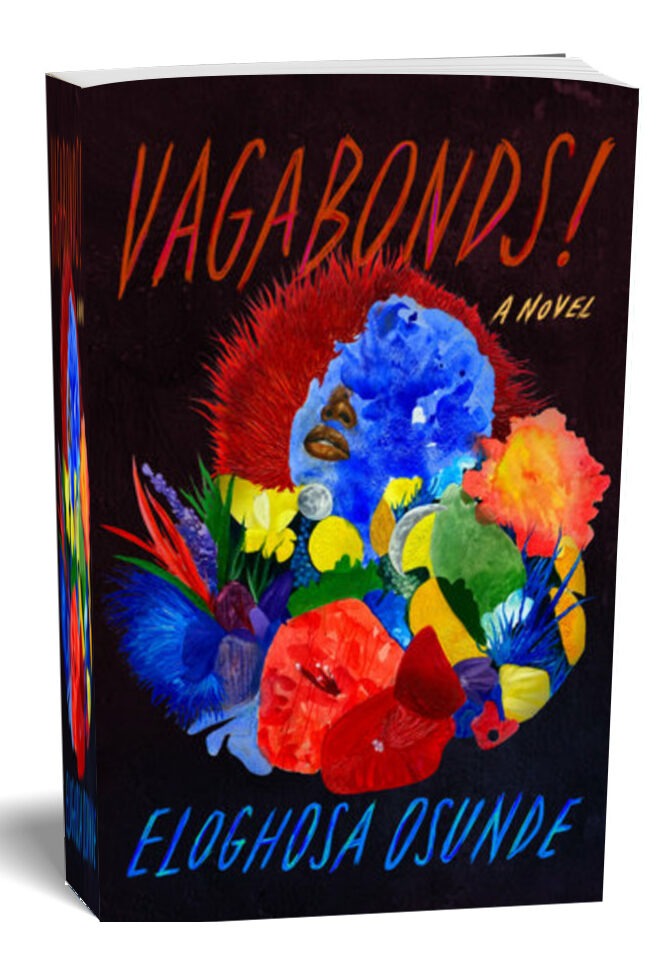Nigerian Books Depicting the Queer Experience
5 Of Our Favourite Queer Nigerian Books
Along with being a reflection of society, books help us see ourselves in the characters and develop empathy for real-life individuals. And, this is especially true of queer Nigerian books as they help others to understand LGBTQ+ experiences. To quote Anne Lamott, “Writing and reading decrease our sense of isolation. They deepen and widen and expand our sense of life: They feed the soul. When writers make us shake our heads with the exactness of their prose and their truths, and even make us laugh about ourselves or life, our buoyancy is restored.”
However, despite society finally embracing outlets that allow queer people to share their experiences and tell their stories in Nigeria, (a country where the Same-Sex Marriage ban bill Act 2013 was signed by former President, GoodLuck Jonathan) discrimination and prejudice from different regions still exist, and books are not exempted.
Luckily, in spite of this, queer writers have increasingly emerged in Nigeria’s literary scene in recent years, working to portray the queer experience in Nigeria through their characters, metaphors, diction, and topics. And, their works have inspired other LGBT Nigerians to come out of the closet and live their authentic lives.
So, to celebrate these authors who have paved the way for so many queer people, we’ve compiled a list of our favourite LGBTQ+ Nigerian books.
VAGABONDS BY ELOGHOSA OSUNDE
“If they say we don’t exist, that they can’t see us anywhere except in rotten corners, in perverse bodies, how come I can see you and hold you and you’re holy; how come I can love you and hold you and you’re there, in flesh, in my mind, in my blood; how come I keep waking up in this love and feel rested? What else to do now then, when a love like this finds you? What else but praise? What else but dance?”
Vagabonds by Eloghosa Osunde is a collection of interconnected short stories that can also be stand-alone that categorizes how queers are perceived in Nigeria: as vagabonds who are outsiders and rootless. A lesbian couple’s story, a veteran fashion designer’s birth of a mysterious daughter, a driver who is new to Lagos and its culture, Johnny, and my favourite, Gold and her mother, are a few of the stories included.
She conveys the fury, optimism, agitation, anxiety and love of queers who are seen as illegal in Nigeria using myths, folktales, parables, etc. With the story of Gold, she reflects queer people all over the world’s desire to be seen, loved, protected, and accepted by people who matter. And as a result of the dehumanization of queers by people, Gold, despite her mother’s open acceptance of her sexuality, finds it difficult to reconcile with the fact that her mum could love her that much even as she is. However, this was what gave her the strength to carry on, to exist.
Eloghosa appears to be saying in her book, particularly in the Gold story, that queers can survive the stings of the community’s and the world’s vipers if they have the love of their family members and loved ones with them.
The Death Of Vivek Oji By Akwaeke Emezi

Akwaeke Emezi, a trans and non-binary writer, always explores the world of marginalized people in their books. In his novel—Freshwater, Emezi dove into the world of Ogbanje—”someone who comes and goes” and the lonely and mystical lives they live. We see that aside from sexualities and gender, Ogbanjes are also part of the marginalized community. The concept of death also features in their works. In an interview with Jeffrey Masters on a podcast, Emezi said this was so because “I think this is the experience for a lot of queer people, that death is a constant companion, with us specifically.”
The death of Vivek is a story of a young homosexual boy growing up in a family with an Igbo father and an overprotective Indian mother. On the surface, it borders the romantic, innocent, incestuous, and secret love between Vivek and his cousin, Osita. However, when it is looked at deeply, the theme of death lies underneath it. His parents seem to want to protect him from unforeseen circumstances like death and they do this by telling him to stop being him. His embracing his feminine trait like keeping his hair long bothered them and even once, his mum’s aunt felt that this could attract trouble from outsiders. However, he couldn’t be saved.
This book provides a prism through which to view the life of invincibility queers are compelled to lead and also lets us know that queers in Nigeria always live in fear of dying.
Butter Honey Pig Bread By Francesca Ekwuyasi
Francesca’s debut novel, Butter Honey Pig Bread, is about three Nigerian women: a mother and her twin daughters who have become emotionally and physically estranged as a result of traumatic occurrences that happened in their childhood. Flashbacks let us witness both the mysterious and alluring aspects of the story, including several terrible events such as miscarriage, suicide, subtle betrayal, and homicide.
The story also reflects on the queer life of Taiye, one of the three women, who is a particular kind of messy, lesbian character who feels things so deeply real. She exemplifies a woman who accepts herself completely and fully engages in her sexuality.
Under The Udala Tree By Chinelo Oparanta

The Udala Tree by Chinelo borders on a story of a young girl, Ijeoma, a lesbian living in the country at war who metamorphoses into a woman as the story evolves. She first fell in love with Amina, a Hausa orphan, when she was a teenager. Later, as she grew older, fell for Ndidi before getting into an unhappy marriage with a man. The narrative shows her navigating life as a lesbian in a country where homosexuality is regarded as illegal.
Coupled with the hate she has to fight with the world over her sexuality, she still has to face her mother who occasionally reads Bible verses to her against homosexuality as a sin to cure her “disease” after learning of her relationship with Amina. This portrays the reality of parents going above and beyond for their gay children to have a ‘normal’ sexuality, even going so far as to take them to church for deliverance to free them from homosexuality.
She Called Me Woman Edited By Azeenarh Mohammed, Chitra Nagarajan, and Rafeeat Aliyu.
“We decided to put together this collection of thirty narratives to correct the invisibility, confusion, caricaturing and the writing out of queer women from history.”
This book is a collection of queer people’s experiences from various age ranges, ethnic groups, urban areas and more rural parts of Nigeria, with a strong emphasis on women. The narrative seems to be sincere, heartfelt and told just as it is. Its goal was nevertheless understood and accomplished despite how difficult it was to read as a result of the editors’ mild editing to make it as authentic as possible. It did a wonderful job of giving queers and women who view themselves as outsiders, representation. The message in this book seems to be saying that they matter.
These five Nigerian books, while painting the vivid picture of abandonment and seclusion that queers experience within their society, also try to tell queers that they don’t have to feel unfit for existing based on their sexual orientation and preferences.



